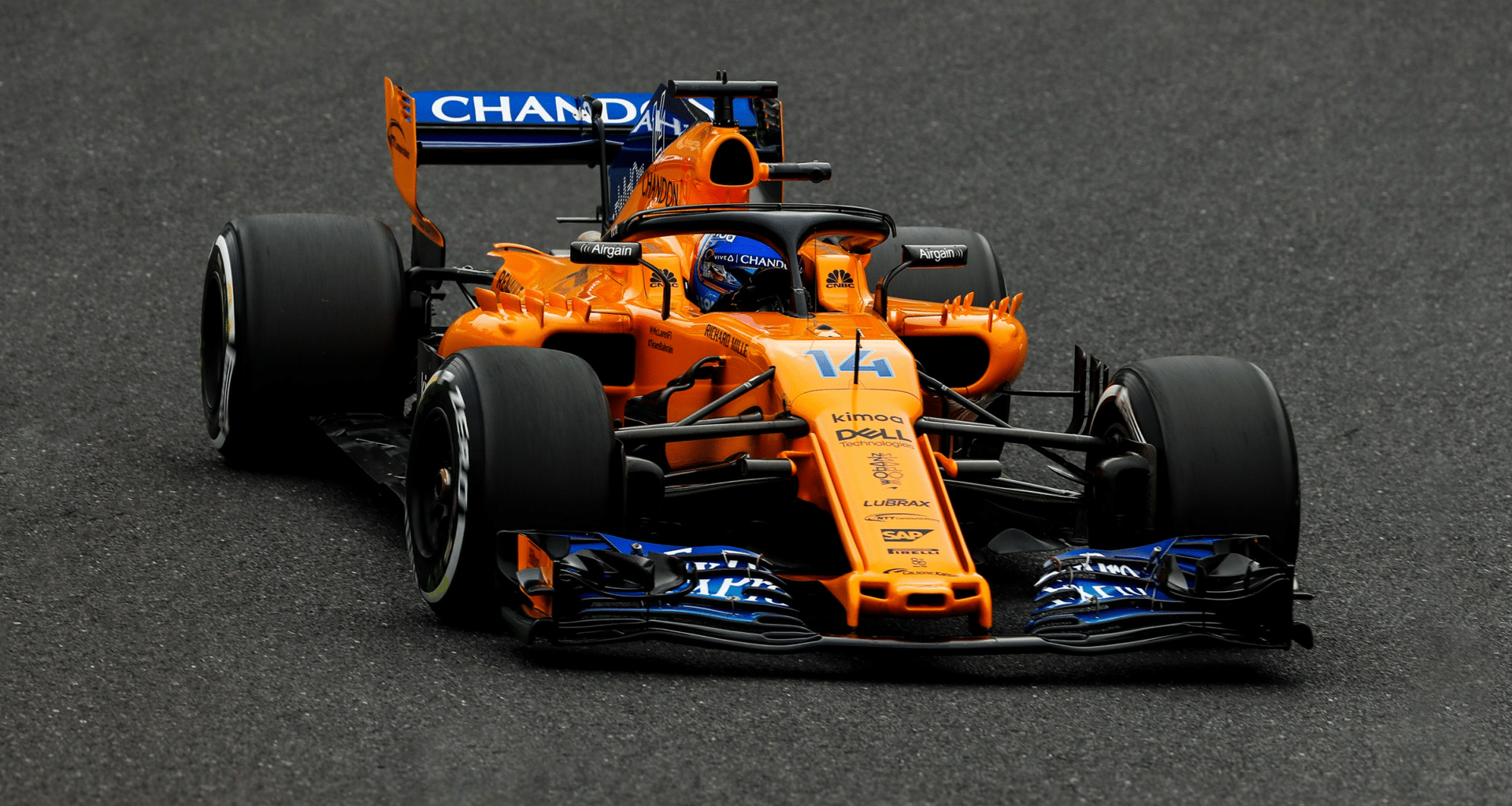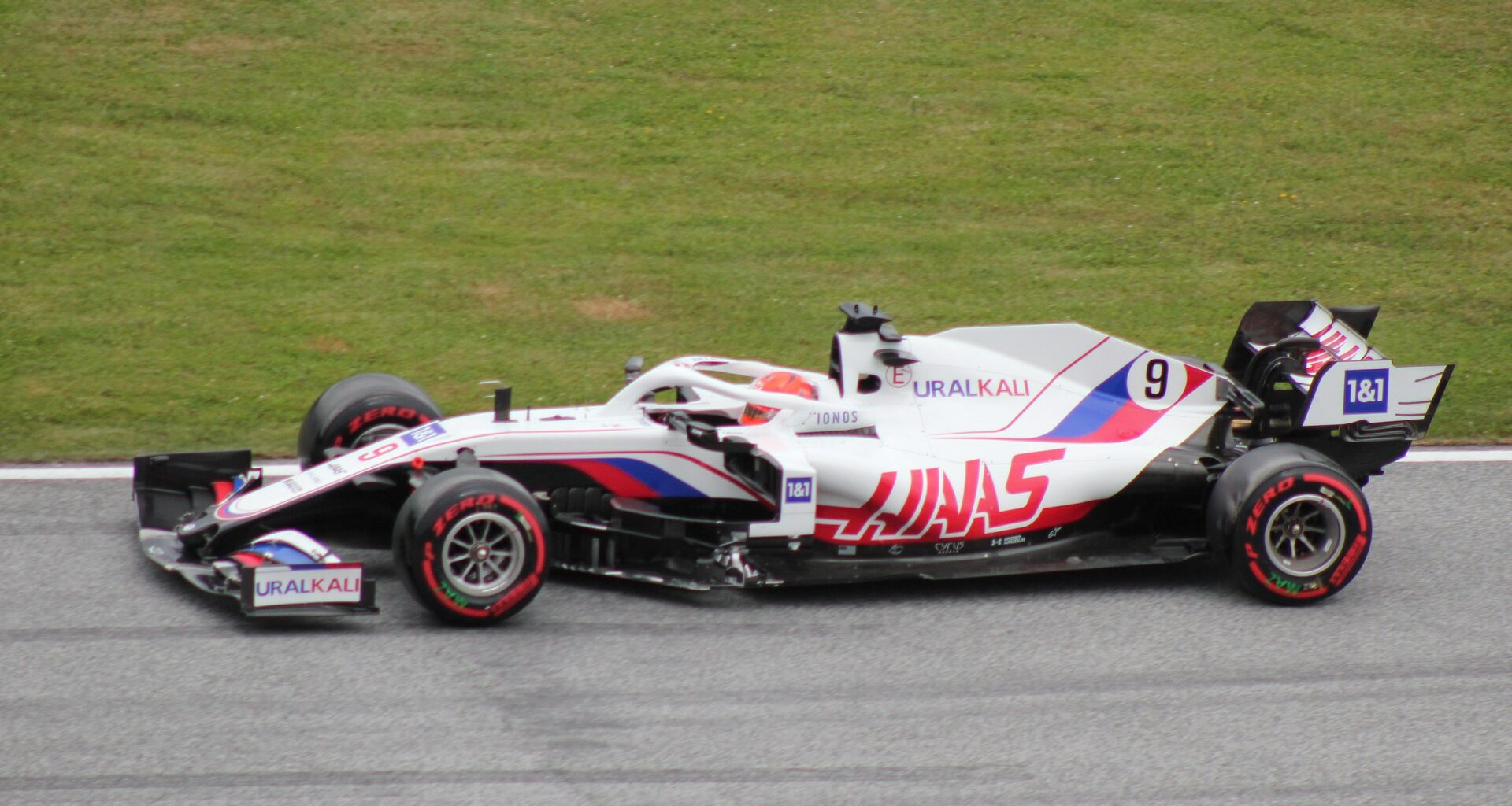Ladies and gents, fellow speed enthusiasts, let’s dive into the world of Formula 1 engine manufacturers!.
The core of every F1 race car, these high-powered engines are masterpieces of engineering and technology..
As the heart and soul of the world’s fastest sport, F1 engines have evolved tremendously over the years..
In this article, we’ll explore the history and evolution of F1 engines, the current manufacturers that power these impressive machines, the innovative and eco-friendly hybrid power units, and more!
Table of Contents
- 1 The Evolution of F1 Engines: From Past to Present
- 2 Current F1 Engine Manufacturers and Their Contributions
- 3 F1 Hybrid Engines: The Power and Efficiency Behind Modern F1 Cars
- 4 Power Unit Component Usage and F1 Regulations
- 5 Future of F1 Engines: Innovations and New Technologies on the Horizon
- 6 Beyond Performance: The Environmental Impact of F1 Engines
- 7 Notable Records and Achievements in F1 Engine History
- 8 The Ongoing Quest for Speed and Efficiency in F1
The Evolution of F1 Engines: From Past to Present
Since Formula One’s founding in 1947, the development of engine technology has been fascinatingly progressive over time.
F1 has always sought to improve speed, power, and performance, from the outdated, normally aspirated engines of the 1960s and 1970s to the turbocharged beasts of the 1980s and the high-revving V8 and V10 engines of the 2000s.
The most advanced Formula One engines today are the astoundingly powerful and effective hybrid power units, which combine electric motor systems with internal combustion engines that run on gasoline.
There’s no disputing that the science and creativity behind today’s F1 engines are astounding, even while the exciting, ear-rattling noises of the past could be somewhat missed.

Current F1 Engine Manufacturers and Their Contributions
As of the 2022 season, we have four major engine manufacturers in Formula One:
- Mercedes: Headquartered in Brixworth, and known for winning championships with their factory team..
Apart from that, Mercedes supplies engines to customer teams McLaren, Williams, and Aston Martin.
- Ferrari: Manufactured in Maranello, Ferrari engines power not only their own team but also customer teams Alfa Romeo and Haas.
- Honda: Though officially withdrawn, Honda’s engines are still produced in Sakura, Japan, and supplied to Red Bull Racing and sister team AlphaTauri for 2022.
- Renault: Based in Viry-Chatillon, Renault power units currently only power the factory Alpine team, owned by Groupe Renault.
These manufacturers pour plenty of resources and innovation into their engines, pushing the boundaries of performance and efficiency to give their teams a competitive edge on the racetrack.
F1 Hybrid Engines: The Power and Efficiency Behind Modern F1 Cars
In 2014, hybrid engines were introduced, changing the Formula One scene and ushering in a new age of great efficiency and astonishing power outputs.
A four-stroke, 1.6-liter V6 internal combustion engine, a turbocharger, and an Energy Recovery System (ERS) that uses braking and exhaust energy to power electric motors are the components of an F1 power unit.
The outcome?
A jaw-dropping 1000-plus horsepower, better fuel efficiency (the power units only need roughly 130 liters of fuel for a 300 km racing route), and high speeds of around 380 km/h!.
The hybrid engines used in Formula One are undoubtedly the apex of automotive engineering and technology.
Power Unit Component Usage and F1 Regulations
F1 has rigorous rules in place that govern the usage of power unit components over the course of a season in an effort to minimize costs and preserve fairness in the sport.
A certain amount of engines, turbochargers, ERS components, and other things are allotted to each driver.
Grid penalties occur from adding extra parts over the permitted amount, motivating engineers to create engines that are dependable as well as strong.
Future of F1 Engines: Innovations and New Technologies on the Horizon
The F1 racing industry continues to push for improvements in speed and effectiveness, thus the golden era of engines is far from ended.
The present F1 engine restrictions are expected to be in effect until at least 2025, and discussions are already under way to introduce the following generation of engines in 2026.
Also, Formula One is adopting a more ecologically conscious approach by promoting the creation of sustainable technologies and components for their engines.
This might eventually result in greater use of biofuels or perhaps a rapid uptake of hydrogen fuel cells.
There are exciting times ahead!
Beyond Performance: The Environmental Impact of F1 Engines
In recent years, F1’s dedication to minimizing environmental effect has been progressively growing.
The sport is concentrating on environmentally friendly fuels and components when developing new engines as part of this endeavour.
For instance, advanced sustainable ethanol must make up at least 10% of the fuel utilized.
Greener racing initiatives will undoubtedly remain at the forefront of engine technology as Formula One develops.
Notable Records and Achievements in F1 Engine History
Over the years, F1 engines have been responsible for some incredible achievements and unforgettable moments..
Here are a few highlights:
- Most Powerful Engine: The most powerful F1 engine ever was likely in the BMW-powered Brabham BT52, which achieved a rumored 1,400 bhp during the turbo era of the 1980s!
- Daniel Ricciardo‘s Monaco Victory: In 2018, Daniel Ricciardo managed to win the Monaco Grand Prix despite a failed MGU-K, showcasing incredible resilience and skill in nursing his crippled car to the finish line.
- Mercedes Dominance: The hybrid era has seen Mercedes come up with numerous engineering marvels and dominate the sport, winning the constructors standing and drivers’ championships every year since 2014.
The Ongoing Quest for Speed and Efficiency in F1
A never-ending history of scientific advancement, unmatched performance, and the pursuit of efficiency is the tale of Formula One and its engines.
Future developments in power unit design and application are something we can anticipate, giving us access to even more thrilling racing action and demonstrating the cutting edge of automotive innovation.
So grab a seat, because the world of F1 engine technology is about to get much more thrilling!




